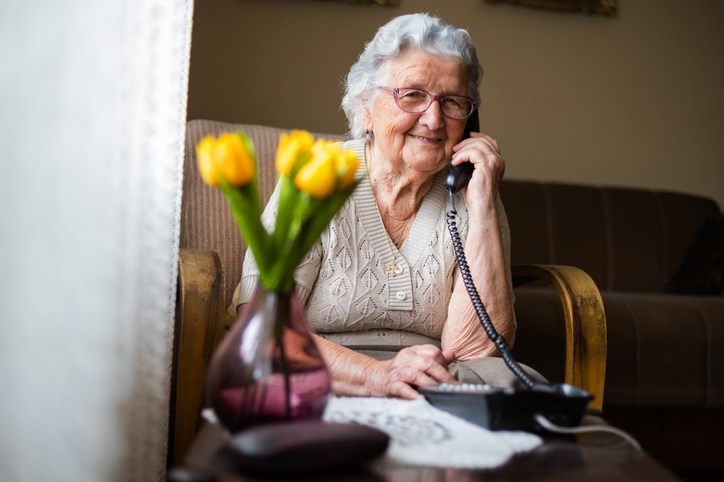New Westminster is reaching out to make sure seniors and people with disabilities aren’t left stranded by the COVID-19 pandemic.
The City of New Westminster has set up six working groups in response to the pandemic, one of which is dedicated to seniors and people with disabilities. It will be chaired by Rob Dick, the city’s assistant deputy fire chief, and it will include city staff along with representatives from faith groups and seniors’ organizations, as well as disability advocates and representatives from seniors’ independent living complexes.
John Stark, the city’s supervisor of community planning, made a presentation to city council at a special meeting called for Monday (March 23) to deal with the pandemic.
He said the city is making sure the working group includes people with lived experience of the issues facing those populations so it’s not relying on second-hand information.
Stark noted the needs of seniors and people with disabilities cover a broad range of issues, including food security, transportation and mobility, and loneliness and social isolation.
He said the city has a particular concern for people in seniors’ independent living, where buildings are run by boards made up of older people and where there aren’t health staff on site – unlike in care facilities, where protocols are in place to help contain the spread of COVID-19. He wants to make sure the city offers the residents of those buildings as much help as possible.
Among the projects being undertaken by the working group is a friendly caller program, in which city staff and Century House volunteers will provide “positive interactions and reassurances” through phone calls to seniors and people with disabilities. People who register for the program will receive a daily call.
“It’ll be partly social interaction and connectedness, partly about a wellness check,” Stark said.
Another plan is a grocery and prescription delivery program; Stark noted such programs already exist, but the city will work with the Senior Services Society to determine what else may be needed. Stark pointed out there are online options for such deliveries but, given that some seniors and people with disabilities may not have computers, there need to be other ways of making sure people get the supplies they need.
The working group is also exploring technology initiatives for isolated residents. Stark noted programs exist in other jurisdictions that provide pre-programmed laptops and tablets to seniors so they can stay in contact with family and friends.
“It could take a little longer to get up and running, but it could be a real way for people to feel connected,” he said. “We will continue to explore that.”
The city will also set up an information portal on the city’s website for those who provide services to seniors and people with disabilities, as well as conducting a public awareness campaign.
Coun. Chinu Das said she’s glad to see the working group will focus on issues such as social isolation, anxiety and depression, noting those are concerns with seniors.
“The number one thing with them is always social isolation,” she said. “It got heightened for me when seniors started calling in and saying things like, ‘Why are there so many seniors not observing social distancing at the food court at Royal City Centre?’ The fact is it’s about social isolation.”
Das also lauded the friendly caller program and the grocery/prescription delivery program, noting the need for both services.



